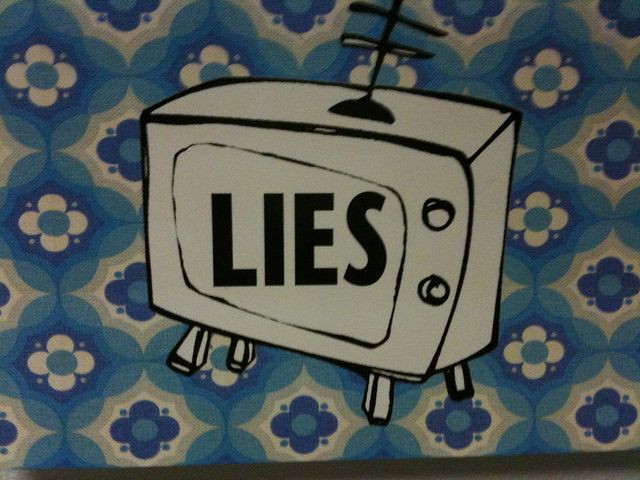Fabricated Lies Are Easier To Remember Than Denying An Event Ever Occurred

They say that if you tell yourself a lie over and over again, you’ll eventually believe it, but although that might be the case when fabricating a lie, lying about an event that actually happened is much harder to remember. According to a new study, the way you lie makes all the difference in how well you remember it.
Researchers at Louisiana State University examined the ways in which the brain worked to fabricate and recall two different kinds of lies: false descriptions and false denials. While false denials require little cognitive power to deny an actual even from happening, false descriptions involve much more, including intricate details, how confident they appear to the listener, and how plausible their lie seems.
“If I’m going to lie to you about something that didn’t happen, I’m going to have to keep a lot of different constraints in mind,” Sean Lane, associate professor at the university and author of the study, said in a statement. “As the constructive process lays down records of our details and descriptions, it also lays down information about the process of construction.”
The effort it takes to construct a lie uses up more brainpower than when someone wants to deny something. Lane discovered this after asking participants to look at pictures and objects, and to either lie or tell the truth about them by describing them or by denying they had seen them. Forty-eight hours later, participants were tested on their memory of the lies. Those who had told lies about seeing them were more likely to remember the lies than those who denied ever seeing the object.
The researchers believe these results can help with forensic interrogation techniques, which use rapid-fire questions to spot contradictions, most often a result of false denials. Still, the researchers also found a possible problem that innocent suspects might come across. Those who are telling the truth in their denials may end up believing that they actually saw what they’re denying. Called the “illusory truth effect,” people who constantly deny something they truthfully didn’t see may end up believing they did because of how familiar it becomes.
“They’re telling the truth, they’re denying, but later this thing seems familiar,” Lane said. “They’re confusing the familiarity of the repetition [with the truth], not realizing that those repeated denials are what makes it seem familiar 48 hours later.”
Source: Vieira K, Lane S. How You Life Affects What You Remember. Journal of Applied Research in Memory and Cognition. 2013.



























